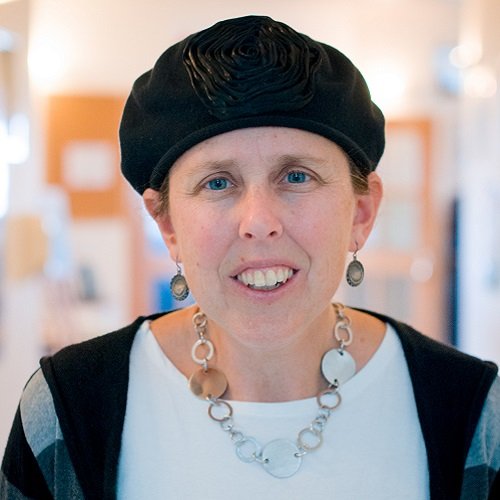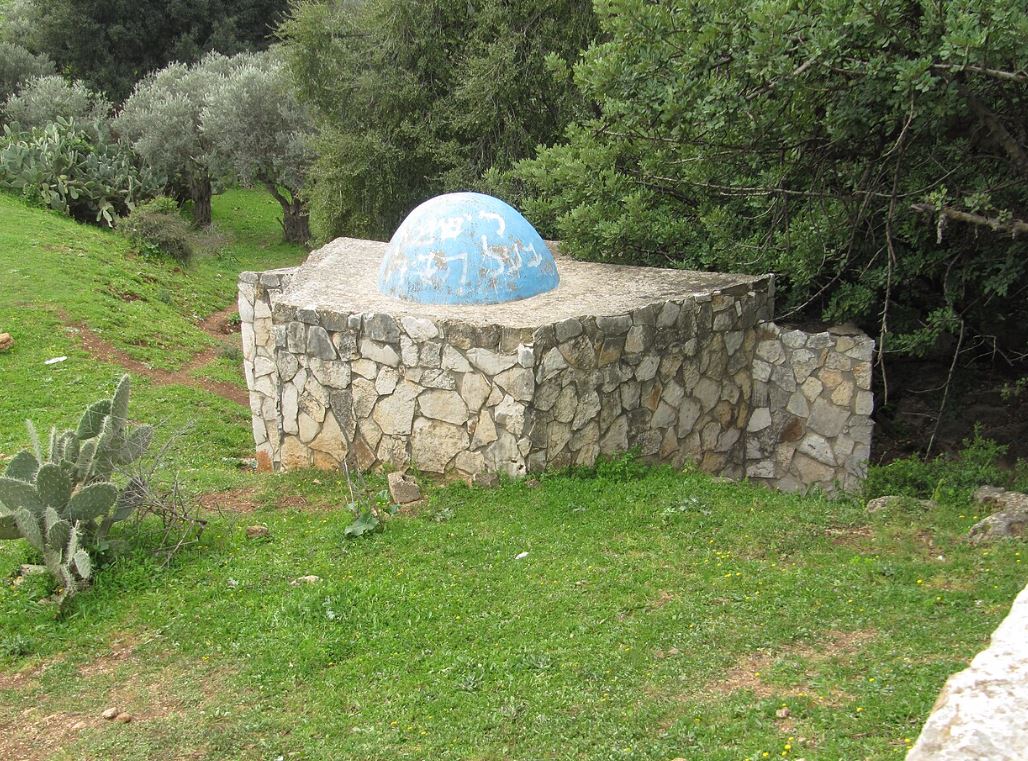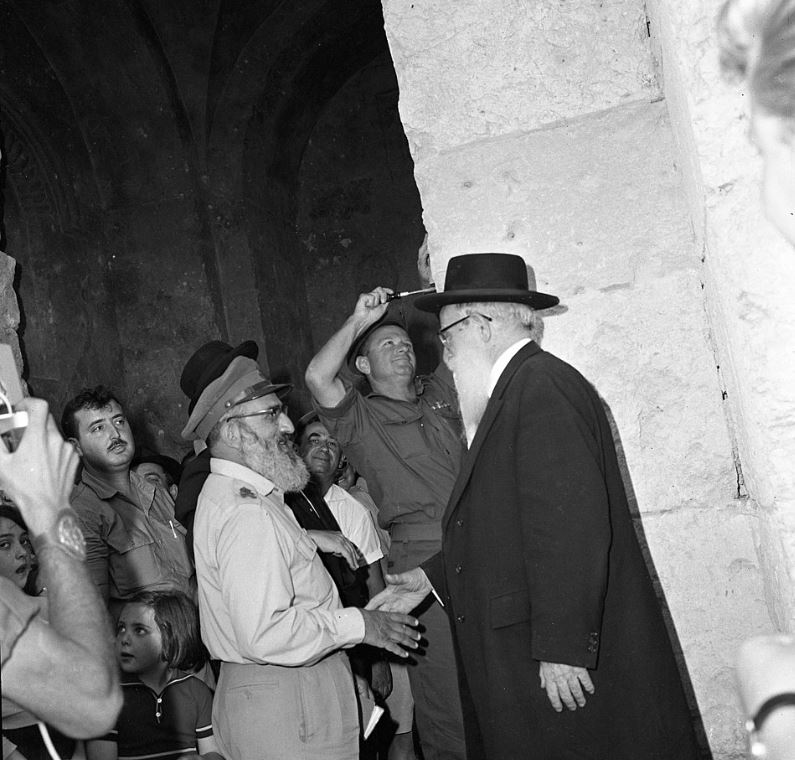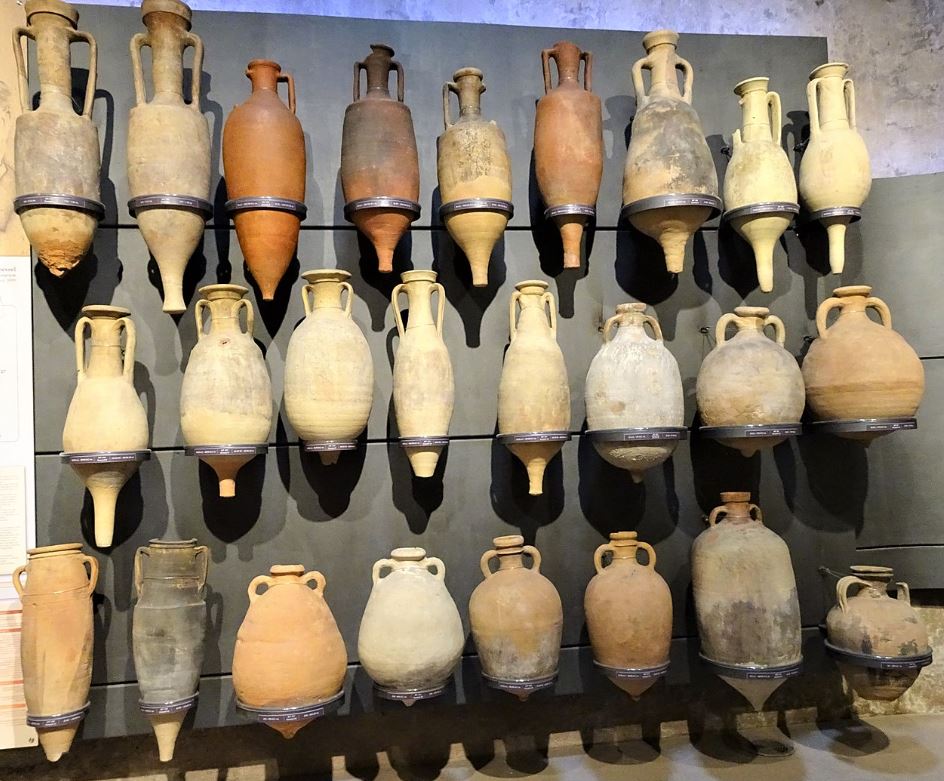Have you ever played the game “telephone?” When you pass a message from person to person, it can often get mixed up, especially if it travels long distance. That seems to be the case here in Zevachim, where Rabbi Yirmiya (in the Land of Israel) hears a mis-statement attributed to Rav Yosef (in Babylonia):
“They said this statement before Rabbi Yirmiya, whereupon he said: Would a great man such as Rav Yosef say such a matter,” (Zevachim 44a)
Rabbi Yirmiya was no stranger to the journey between Israel and Babylonia. He was one of the nehutei (see here) who traveled between the countries, as did his students Rav Dimi and Ravin. He himself came from Babylonia to study in Israel, and his most significant teacher was Rabbi Zeira, who had followed the same path (see here).
Rabbi Yirmiya was a member of the third generation of Amoraim(early fourth century CE). As a young man in Babylonia he did not stand out but in his time in Israel he became one of the greatest scholars, someone who was known as the anonymous voice of “the West,” i.e., Israel:
“’They say in the West’ [Eretz Yisrael] is referring to Rabbi Yirmiya” (Sanhedrin 17b)
Like his mentor Rabbi Zeira, he found the Torah of the Land of Israel superior to Babylonia, and he had no trouble telling people that:
“When Ravin ascended to Eretz Yisrael, he stated this halakha of Rav Sheshet before Rabbi Yirmiya. And Rabbi Yirmiya said: Foolish Babylonians! Because you dwell in a dark land, you state halakhot that are dim.” (Pesachim 34b)
Rabbi Yirmiya settled in Tiberias and many statements in the Babylonian and Jerusalem Talmud are attributed to him. He was the halachic authority in Tiberias (Yerushalmi Shabbat 19:1) and was responsible for collecting the taxes there (Yerushalmi Moed Katan 3:1). Rabbi Zeira complimented his student, seeing him as one of the diligent ones שקדנים, who rarely left the Bet Midrash and were dedicated to their learning (Yerushalmi Nedarim 8:2).
If you pay attention to Rabbi Yirmiya’s appearances in Shas, you will notice a pattern emerging. He loves to ask questions and sometimes those questions are extreme even by the broad standards of the Sages. He pushes the halachic boundaries and principles to see how far they will stretch. If the law says that you need to collect one kav of fruit over an area of four amot square, what about half a kav over an area of two amot? Or two kavs in an area of eight (Bava Metzia 21a)? What if a kohen has an accident while he is sprinkling the blood on the altar, is the sacrifice still acceptable:
“as Rabbi Yirmiya asked Rabbi Zeira: If the priest was sprinkling the blood, and the hand of the one sprinkling was severed before the blood reached the airspace of the altar, what is the halacha?” (Zevachim 15a)
Some questions become almost a parody of the Gemara’s style, until one day Rabbi Yirmiya goes too far. In the context of a statement about ownership of a bird that has left its coop, he says:
“Rabbi Yirmiya raises a dilemma: If one leg of the chick was within fifty cubits of the dovecote, and one leg was beyond fifty cubits, what is the halacha? And it was for this that they removed Rabbi Yirmiya from the study hall,” (Bava Batra 23b)

User:BenFrantzDale; this image by en:User:McKay, CC BY-SA 3.0 <http://creativecommons.org/licenses/by-sa/3.0/>, via Wikimedia Commons
But isn’t Gemara all about hypotheticals? If so, why is Rabbi Yirmiya singled out for censure? Many have tried to answer that question. Rabbi David Kokhav (Daf Yomi Portal to Shabbat 147) sees the answer in a personality clash. As much as Rabbi Zeira is proud of his student, he chooses a different path. Rabbi Zeira is serious, Rabbi Yirmiya is a lighter personality:
“Rabbi Yirmeya was sitting before Rabbi Zeira. He saw that Rabbi Yirmeya was excessively joyful. He said to him: It is written: ‘In all sorrow there is profit’ ” (Proverbs 14:23) (Berachot 30b)
Rabbi Yirmiya can even be a bit of a jokester, but his attempts to make Rabbi Zeira laugh fall flat:
“Rav Aḥa bar Ya’akov says: Rabbi Yirmeya tried this hard to cause Rabbi Zeira to laugh, but he did not laugh.” (Niddah 23a)
What Rabbi Yirmiya saw as amusing questions, lightening the mood, Rabbi Zeira saw as annoying and bothersome.
Rabbi Adin Steinsaltz (Sinai 1964) sees the issue rather differently. He understands Rabbi Yirmiya’s questions not as merely testing the parameters of a halachic idea, as many questions do, but of trying to undermine that idea. When he challenges Rabbi Zeira about halachic definitions, he is really asking to create a new system. Rabbi Zeira will have none of it:
“Rabbi Yirmiya said to Rabbi Zeira: And are the Sages able to discern between one-third and less than one-third? Rabbi Zeira said to him: Do I not always tell you that you must not take yourself out of the bounds of the halakha? All the measures of the Sages are like this; one immerses himself in forty se’a but in forty se’a less of a kortov, he cannot immerse in them.” (Rosh HaShanah 13a)
His question about the bird seems to fall in that category of pushing the envelope too far and almost mocking the rabbis. He does not accept the boundaries the Rabbis have created. Rabbi Yirmiya is only readmitted to the Bet Midrash when he shows humility before the other Sages:
“Rabbi Yirmiya sent to them: I am not worthy [of being the recipient of the query] that you sent to me. But this is how the opinion of your student leans. . . And it was because of this that the Sages brought Rabbi Yirmiya into the study hall” (Bava Batra 165b)
Although Rabbi Yirmiya and Rabbi Zeira differed in their approach to halacha, they were each dedicated to Torah and to serving God. In his instructions to his students for how to treat his body after his death, we can see how Rabbi Yirmiya eagerly awaited the Messiah’s arrival:
“Rabbi Yirmiya commanded: Dress me in clean white, dress me in my socks, put my shoes on my feet and a walking stick in my hand, lay me on my side, when the Messiah comes I shall be ready” (Yerushalmi Kilayim 9:3)
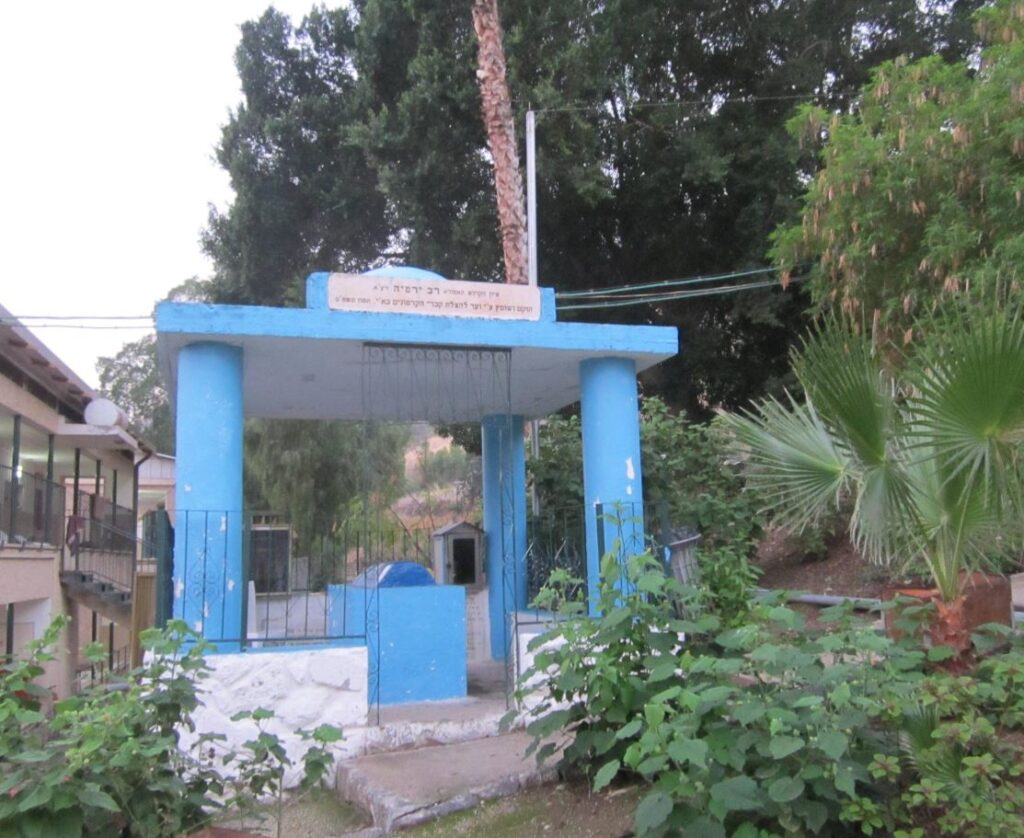
Rabbi YIrmiya’s grave in Tiberias
צלם, CC BY-SA 4.0 <https://creativecommons.org/licenses/by-sa/4.0>, via Wikimedia Commons
Perhaps Rabbi Yirmiya is anticipating Elijah’s coming to answer his many questions.


